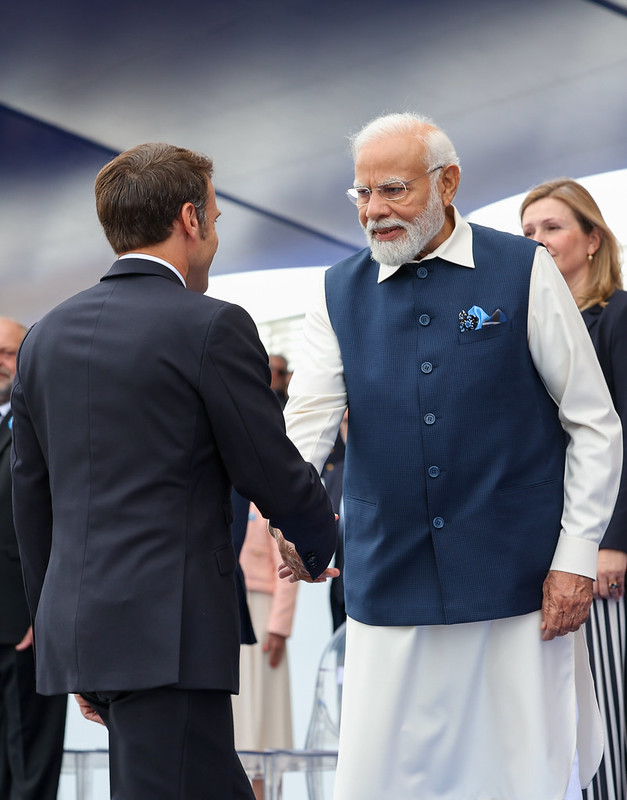Letter from La Vigie, dated 17 April 2024

India at the centre of the power game
Changes in the strategic context, marked by the growing importance of the Indo-Pacific, are tending to give the Indian Ocean a central role. India, the only credible power in the region, is taking advantage of this to position itself at the barycentre of the power game, between non-alignment and multi-alignment.
To read the article, click here
War economy
The war economy has returned to the public discourse in the wake of the war in Ukraine. Yet this concept belongs to historical circumstances (the twentieth century) that are far removed from the country’s current situation. So why are the authorities using this expression?
To read the article, click here
Lorgnette: Junta in trouble
The Burmese junta continues to suffer setbacks. The Karen insurgents, who have rallied to the NUG (Government of National Unity), have just taken the town of Myawaddy, the most important crossing point to Thailand. Since the offensive launched last October, the junta’s opponents have scored a series of successes. While the junta retains control of the skies (thanks to Russian support), its troops on the ground are shaky. Defections are multiplying to such an extent that the junta decided in February to resort to conscription, which has exacerbated the population exodus. It is estimated that in the three years since the end of Burma’s democratic spring, the population of 54 million people has been made up of almost 100,000 refugees and 1.6 million displaced persons.
Is this the end? It is too early to say, because for the moment it is mainly the margins of the country that are being taken over by the rebellion, not the ethnic Burmese heartland, which remains under the overall control of the regime. The regime has little support, but many of its neighbours fear, without saying so, a Burmese chaos. China, which is officially silent on the principle of non-interference, is unhappy to see the Burmese alliance unravel: its aim was to develop direct access to the Bay of Bengal.
JOVPN
Subscribers: click directly on the links to read online or download the pdf issue (here), always with your login/password. New readers: read the article by issue, by clicking on each article (€2.5), or subscribe (discovery subscription €17, annual subscription €70, orga. subscription €300 excl. tax): here, the different options.
Photo credit: MEAphotogallery on VisualHunt.com



